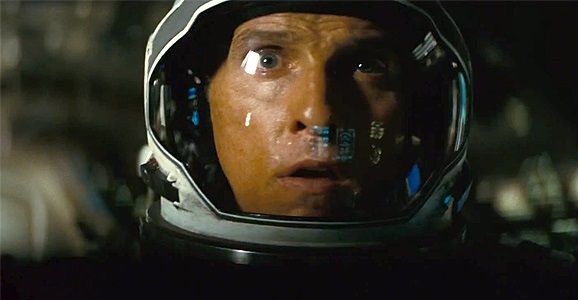Scientists Are Starting To Think The Future Is Affecting The Past In Mind-bending Time Theory
Retrocausality is a theory in quantum science that reflects on how the future can affect the past.

The future affecting the past sounds like something straight out of a sci-fi film (and it’s been in a few of these, too), but it’s also an actual theory based on quantum physics, and more scientists are starting to buy into it. Vice published an article about the concept known as retrocausality, which is a heady but interesting theory to dive into. So how does this all work?
Retrocausality is a hypothetical concept, one which states that actions and events in the future can potentially affect events in the past. Our typical perception of time makes it difficult to wrap our heads around this, but in the wild world of quantum mechanics, it’s a theory that actually has some teeth. Down to a smaller scale, particles like electrons could potentially have properties that are affected by what happens in the future.
The future influencing the past could help explain unexplainable phenomena that happen without cause or predictability. Retrocausality also expands beyond the field of quantum physics and has frequently entered the philosophical discussion as well. Philosophically, the concept has led to debates about free will and if our future is predetermined.
Back to the quantum discussion, our future affecting our past could explain some very specific quantum events such as quantum tunneling, quantum entanglement, and superposition. Quantum tunneling is a phenomenon when particles are able to pass through seemingly impassible barriers, and superposition describes the phenomena of particles occupying different states simultaneously. Meanwhile, quantum entanglement is when quantum objects sync up despite being huge distances, even lightyears, apart.

As mentioned in the Vice article, our future affecting our past is a potential explanation for quantum entanglement that doesn’t require us to forgo some of the tenets of physics as we know it. Not only that, but it would potentially prove that physics happen the way we expect regardless of the flow of time. We tend to view time as sequential, but retrocausality would certainly flip this notion on its head.
Our perception of time not being unidirectional and linear has been explored in various quantum theories and physics discussions, along with plenty of sci-fi films and books. Perhaps one of the more famous pop-culture examples is in Christopher Nolan’s Interstellar, where Matthew McConaughey’s character enters a black hole and is able to perceive time in a non-linear way. This event, which is happening in the future, allows him to try and affect events from the past by exerting some physical influence on past events.
While there’s the future affecting the past is simply a theory, it’s one of the most interesting ones out there and potentially a plausible way to explain some of the greater mysteries of our universe. Scientists will continue to attempt to explain the unexplainable in the quantum realm, and there are likely going to be even crazier theories than retrocausality that pop up. Maybe someday we’ll even find out retrocausality was the right explanation all along, but we’re definitely going to need some hard scientific evidence before that happens.












